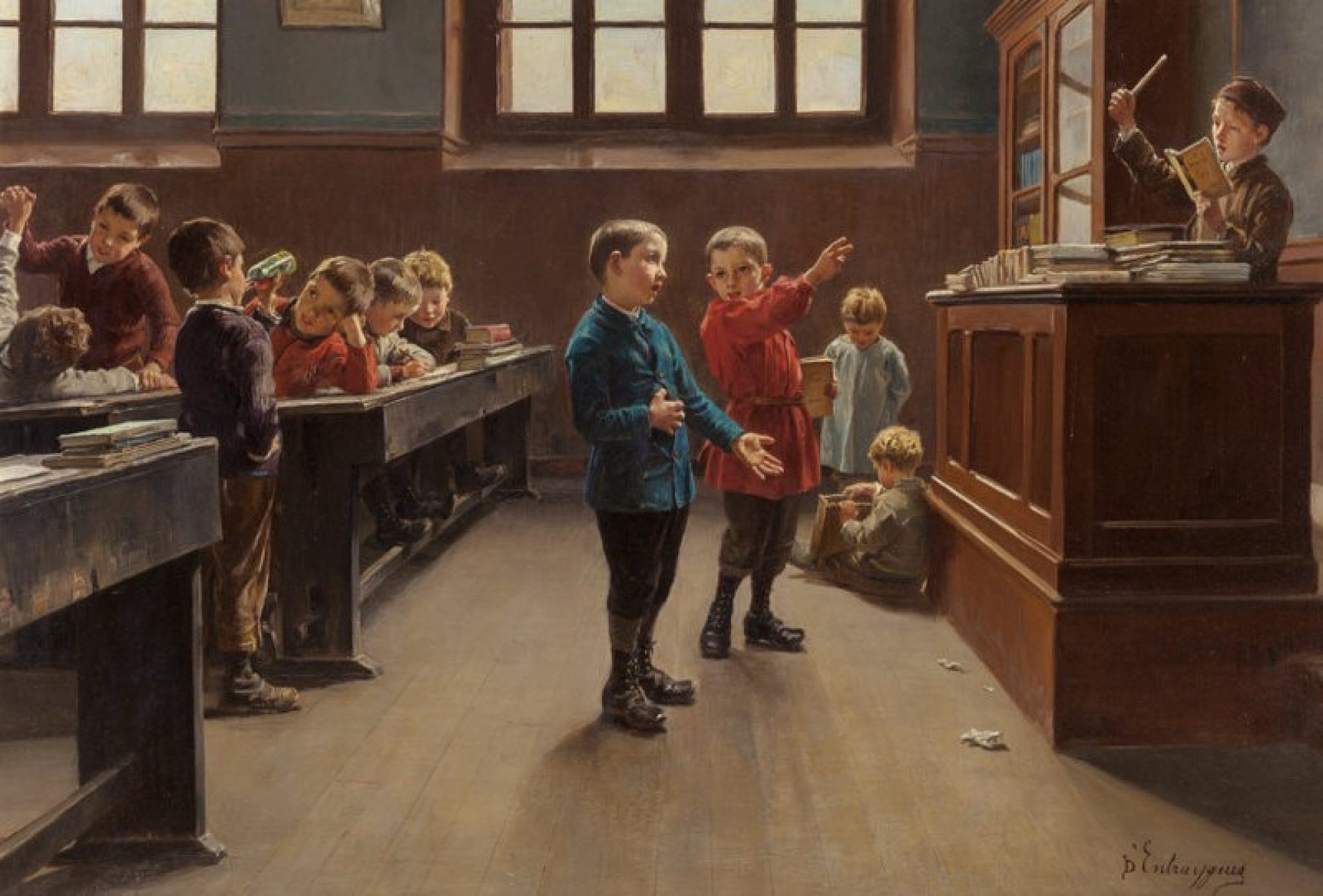Bilingual Education in Primary School: Aspects of Immersion, CLIL, and Bilingual Modules. Bilingual forms of teaching are currently very popular in a multilingual Europe, both in primary and secondary school. This introduction provides a good overview of current research results, concepts, questions and practices in bilingual teaching at primary level. The book is aimed equally at teachers, trainee lawyers and students and provides information about opportunities and limits that must be taken into account when introducing bilingual teaching programs such as CLIL, immersion or bilingual modules. Each chapter contains a short summary, preparatory and follow-up questions about the text and literature recommendations for the individual areas.
Briefly and succinctly one can define bilingual education as “education in which two languages are used within the school” (Baker 1988: 46).
The common factor of all schools which indicate to have a bilingual education programme is merely that a few or even all of the content based subjects are conducted through a second language, which is not the mother tongue of the majority of students. Other programmes aim at bringing off students who are bilingual at the end of their schooldays. Yet others aim at facilitating the transition from a minority language to a majority language, which might, at worst, lead to losing one language while acquiring another. There are also programmes, which aspire to increase the pupils’ proficiency in a foreign language so that they have a sufficient and agreeable knowledge of that language by the end of their schooldays (cf. ibid.: 45, 46).
What is important to state is that education has, apart from a few exceptions, traditionally been monolingual. Hence, teachers and parents have the right to be concerned about the “provision and occasional enforcement of bilingual education” (cf. ibid.: 45). One question that arises in this context might be, whether ‘being thrown in at the deep end’ is too much to ask for from a child at the tender age of four or five, like it is the case in Wales? And yet more interesting: Has bilingual schooling a positive or detrimental effect on students? An account of the appropriateness based upon personal experience will be provided later.
After reading “Bilingual Education in Primary School”, you can check important issues for ESL teachers on the section PDFs. And visit my channel by YouTube.

